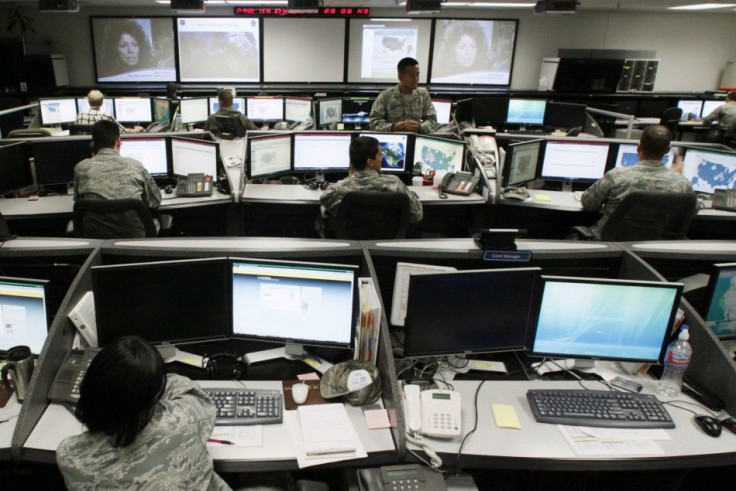Technology Focus: Big Brother Can Watch You Better!

It was George Orwell who made famous the line, Big Brother is watching you when he published ''1984 back in 1949. That was in the era of telexes, telegrams and the old AT&T.
Orwell would do a double take if he saw contemporary young people, chattering away on their smartphones, texting and Tweeting each other, using Google to scour for the right restaurant's pre-fixe menu and then logging into their bank's Web page to check their account balance.
True, these are ordinary people performing ordinary daily functions. But consider: how did the CIA finally track bin Laden? Telephone intercepts, the occasional Internet message and electronic chatboards all painstakingly reviewed at the National Security Agency and the Defense Intelligence Agency with supercomputers and deep analysis software.
Obviously, there was only one bin Laden. But ordinary citizens now leave electronic trails that potentially open their lives to prying eyes, criminals and the curious. Last week, the U.S. Supreme Court heard arguments in the case of Antoine Jones, a nightclub operator suspected of cocaine-trafficking, whose conviction was voided because evidence had been gathered via a GPS device installed by police on his car.
Chief Justice John Roberts, advised by a deputy solicitor general the police were only tracking small pieces of data noted, You're talking about the difference between seeing the little tile and seeing a mosaic.
In another case, U.S. District Court Judge Liam O'Grady ruled Twitter must reveal personal information about users, including a member of Iceland's Parliament, substantiating how they assisted WikiLeaks to obtain classified government documents. They had a lessened expectation of privacy in that information, when they consented to Twitter's terms of usage, the judge wrote.
Be honest: when your home PC gets a Microsoft or Adobe Systems update, do you ever read the fine print before clicking agree? How about the terms of service for your cable TV or satellite TV provider or mobile phone carrier?
Indeed, the iPhones and mobile phones we carry are all covered by contracts and have GPS tracking which is nominally good for network connections but can also be used by others to find us.
These services have positive attributes. Because our electronic footprints are monitored, we can call the cable company to complain about the $34.95 charge incurred when we clumsily hit the remote and for one second got a Las Vegas wrestling match. Or asked the credit card people to cancel the Amazon Prime service that came free for a month but then started to cost $79 thereafter, when we didn't order it.
We are crazy to allow this without taking precautions.
The same holds for popular sites where we innocently reveal information about our interests, jobs, reading material and our private relationships. Anyone here on LinkedIn or Facebook? Do you tweet all day?
21st century people are surely naïve, opening themselves to having their privacy invaded and their lives disrupted. In 1928, the Supreme Court ruled that bootlegger Roy Olmstead's rights weren't violated when the Seattle police wiretapped his phone.
But Justice Louis D. Brandeis dissented, famously noting, The makers of our Constitution undertook to secure conditions favorable to the pursuit of happiness....They conferred against the government, the right to be let alone --- the most comprehensive of rights and the right most valued by civilized men. Incredibly, it took until 1967 for the court to reverse its decision and institute today's strict policies that inhibit the government's rights to track citizens without specificity and a warrant.
But now, others can track us. With software they can invade our devices at home or at work, even watch keystrokes or transactions.
For sure, Big Brother is watching, more than Orwell ever imagined.
© Copyright IBTimes 2024. All rights reserved.












